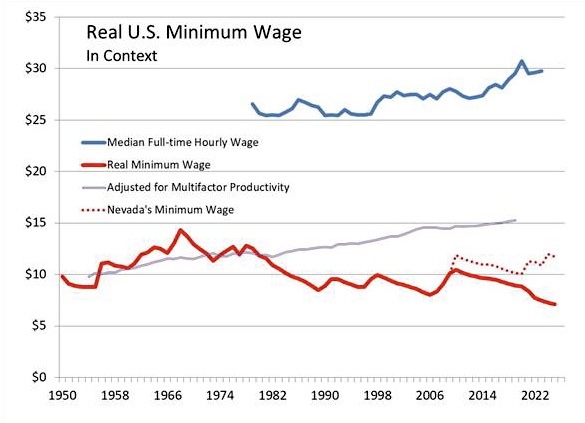Caffeine is one of the most commonly used substances in the world. It can be found in coffee, tea, chocolate, energy drinks, and many sodas. People often consume it to feel more awake, stay alert in class, or get through long work shifts. While caffeine can provide short-term benefits, it also has the potential to become addictive, and too much of it can cause negative effects on the body and mind.
When people drink or eat something with caffeine, the substance affects the brain by blocking a chemical called adenosine, which normally makes people feel tired. This is why caffeine makes someone feel more awake and alert. In moderate amounts, caffeine can improve concentration, boost energy, and even help athletic performance. For example, a student might drink coffee before studying late at night, or an athlete might have an energy drink before a workout. Most health experts recommend keeping daily intake under 400 milligrams, which equals about four small cups of coffee.
The National Library of Medicine, states “Caffeine intake is related to various human health issues such as acute toxicity, cardiovascular disease, poor dietary behavior, bone density and calcium deficiency, and developmental and reproductive problems.”
Although caffeine is not as addictive as substances like nicotine or alcohol, it can still lead to dependence. People who drink caffeine every day often build up a tolerance, meaning they need more over time to feel the same effects. If someone suddenly stops consuming caffeine, they may experience withdrawal symptoms. Common symptoms include headaches, tiredness, irritability, and difficulty focusing. These effects usually last a few days but can make it hard for people to cut back, showing that caffeine does have addictive qualities.
Matthew Greene, junior, says “After so much consumption your body starts relying on caffeine and that can never be good, so I personally drink little bits at a time.”
In some cases, excessive caffeine use can also affect the heart. Consuming large amounts especially from energy drinks has been

linked to high blood pressure and irregular heartbeats. Teenagers and young adults are especially at risk because energy drinks are often marketed to them, and they may not realize how much caffeine they are actually consuming.
Jen Palmer, school nurse, explains, “I would not recommend consuming any energy drinks when a teenager. The minimum somebody under the age of 18 should be drinking is below 100 milligrams of caffeine a day. Not only does it induce heart attacks if abused but it can also stunt your growth.”









